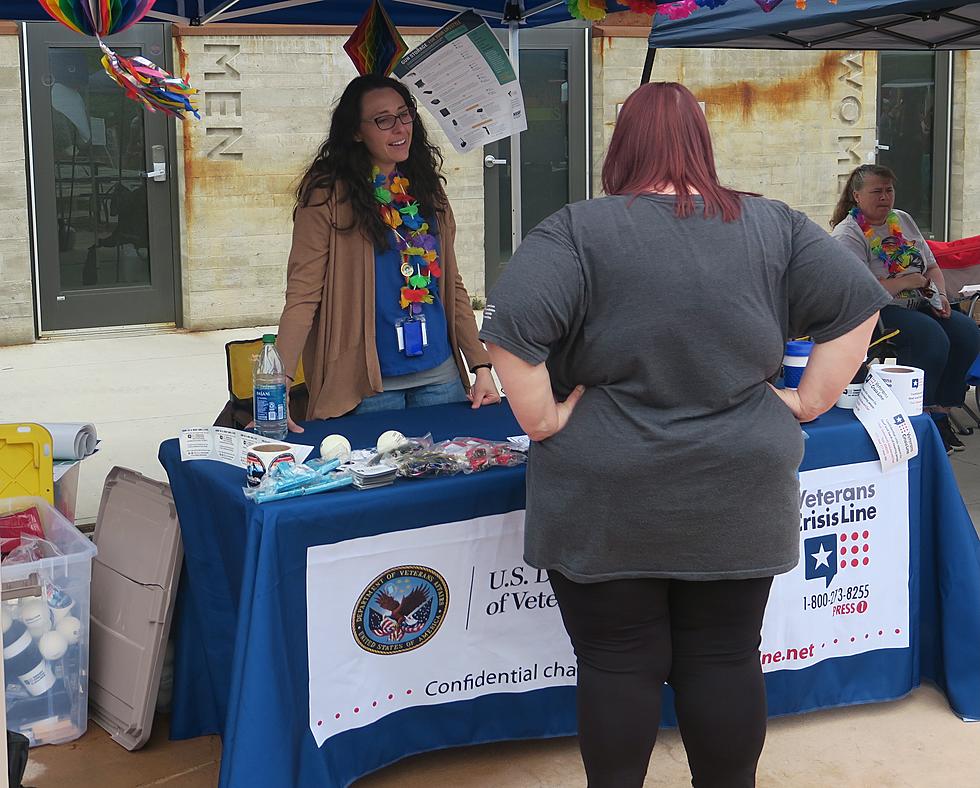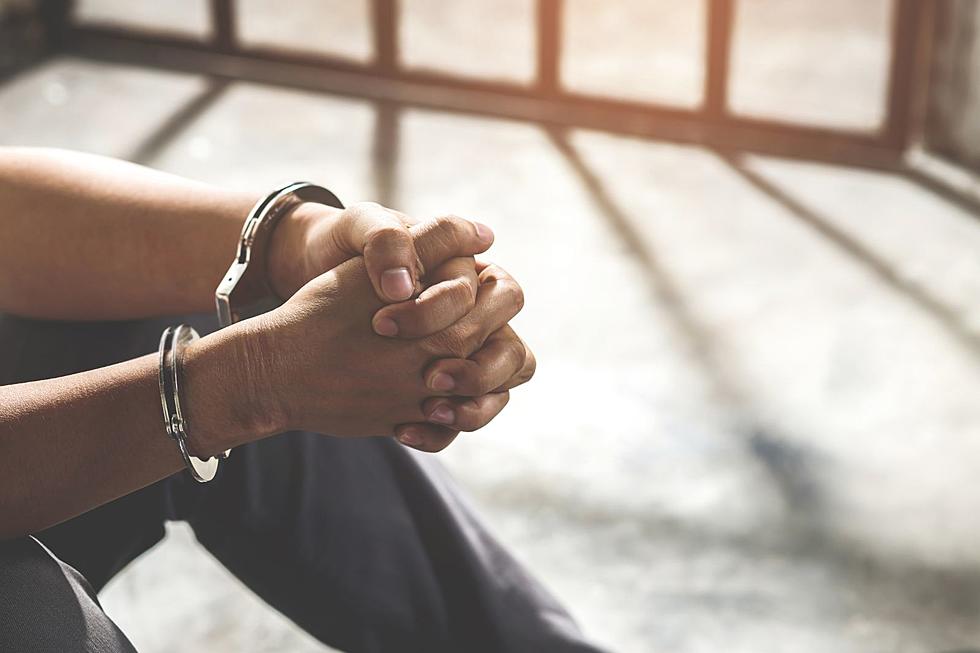
‘Theater of the Poor’ Puts on Show Honoring Mental Health, LQBTQ+ Pride
Theater of the Poor, a low-budget, high-performance theater troupe based in Casper took to the stage at the end of May and the beginning of June to present Mindgames: An Anthology. All of the proceeds from the event were donated to the National Alliance on Mental Illness (NAMI) and to The Trevor Project.

This collection of short plays consisted of three separate shows, each of which focused on mental health issues and the effects thereof.
'Mindgames,' the titular play of the anthology, directed by Wallace Ayers, focuses on a therapist and his relationship with a client, or was it the other way around?
'The Ledge,' directed by Vince Grund tells the story of a young man about to commit suicide, and a businessman who wants to make sure that he does it right.
And, finally, 'The Door,' directed by Nicholas Johnson and Deb Harris is a glimpse into grief, regret, and staying true to one's self.
Johnson stated that he and producer Wallace Ayers chose this particular play to shine a light on both mental health issues and LGBTQ+ issues.
"I directed 'Exit Laughing' with Clint Saunders at Stage III back in February and started looking more into Paul Elliot's work," Johnson stated. "Before I took on that role, I did an independent study with Dr. Conte at Casper College on queer theater and history and analysis, with shows like 'Liz Estrada,' 'Boys in the Band,' 'Angels in America,' 'The Laramie Project,' and more. These are classic pieces of literature but upon the research I did during the study, I realized that there really aren't a lot of queer themes in theater anymore."
Add that to the fact that more and more films and works of theater are beginning to focus on mental health issues, such as plays like 'Dear Evan Hansen,' or television shows like '13 Reasons Why,' and it seemed like the perfect time to bring a mental health/queer-themed play to Casper.
June, in particular, was a good month to show this play, as that month has been designated as 'Pride Month.' Casper celebrated Pride for an entire week, featuring community dinners, a Pride in the Park event, and more. But Johnson wanted to produce something that really reminded audiences of the struggle that gay men and women have endured throughout most of their lives.
"I'm all about the celebration and wearing the rainbow and being a part of the parade, but I feel like sometimes we're not really talking about where we've been or where we're going or where we need to go," he said. "So we thought it would be interesting to do a show that talked about that."
Johnson said that was part of the reason for choosing this show, but another reason was because he wanted to shine a light on mental illness that, he believes, doesn't get talked about enough.
"Mental illness isn't really accurately represented in the media," Johnson stated. "We see it a few times, like the closest representation we've had recently has been the 'Joker' movie, and that just ends up with the guy shooting the other guy in the face. That's not a fair or accurate representation of mental health."
May was Mental Health Awareness Month and June was Pride Month, so it just made sense to run the show on two back-to-back weekends, at the end of May and beginning of June. The shows took place inside of the Theater of the Poor's studio space which, as their name implies, is not made up of much. The sets in the play consisted of a desk, a couch, a lamp and a backdrop. But that is by design. Theater of the Poor represents the idea that it's the performances, not the set, that really matter.
And the performances throughout all three short plays were very, very good.
But it was the show's final play, 'The Door,' that really left audiences with something to think about.
That play focused on a woman and her grandson having a conversation in a dimly lit room. Throughout the show, as the two speak about coming out of the proverbial closet and staying in the closest, there is a not-so-gentle rapping at the woman's chamber (or apartment) door.
The knocking gets louder and louder as the story is told. The two speak of regret. Grace, the grandmother, regrets not telling her grandson she knew he was gay, and that it was okay. Justin, the grandson, regrets not telling her that he was gay and that he was afraid it wasn't okay.
As the story unfolds, and maybe - just maybe- Grace begins to find some peace, it's revealed that Justin isn't actually there at all and the knocking on the door was a police officer, informing her that Justin had been killed - beaten to death because he was gay.
As Grace finally accepts this truth, Justin flips the switch of the light off, saying "For all of us."
And then, as the audience sits in darkness, a slideshow begins playing, showcasing the very real victims of hate crimes, including Wyoming's own Matthew Shepard.
It's a heavy play and Johnson said it did exactly what he intended it to do.
"I think it opened up a lot more conversations," he said. "There's a slideshow at the end of the show that portrayed some really graphic deaths and Matthew Shepard was in it, which hits really close to home for a lot of people in Wyoming because a lot of the people in our audience were at about the age that he would have been. Maybe they went to high school with him."
Johnson said that it mattered less to him if people liked the show or didn't like the show; he just wanted them to take something from it.
"If I wanted to audiences to take anything from the show, it would just be that they're reminded of where we're at as we go into Pride month and celebrate all of these great things, and our openness and who we are as people and as a community and as a nation. I want them to look back at where we've been, and look forward to where we could still be."
UP NEXT: 10 Facts About Wyoming You Probably Don’t Know
More From K2 Radio









